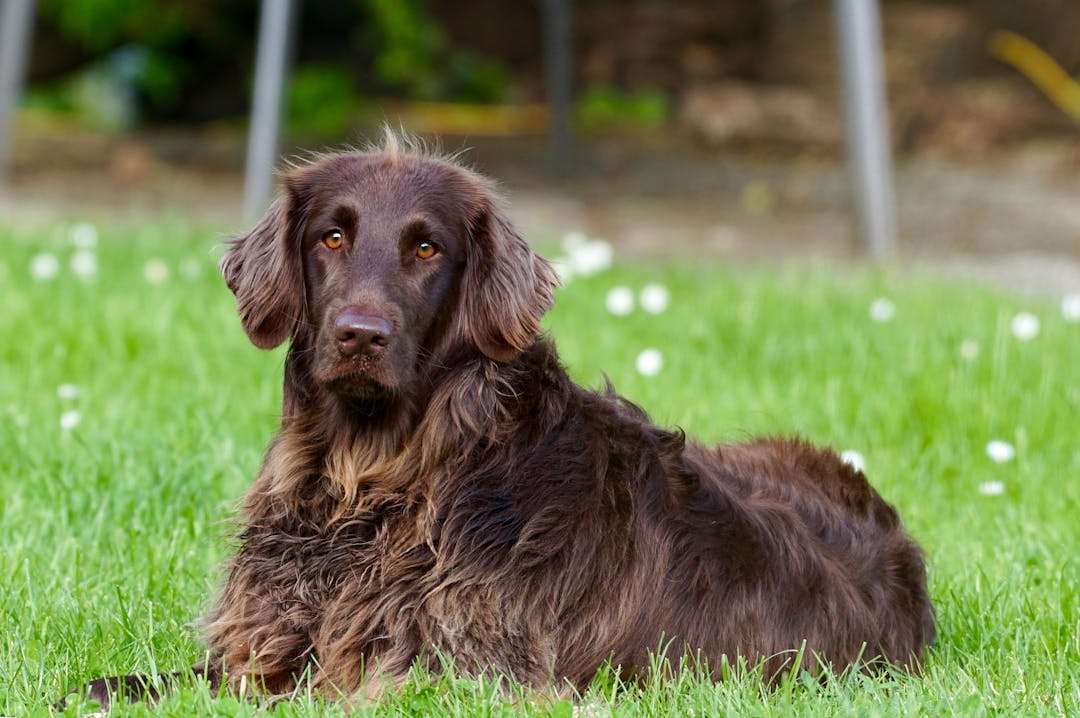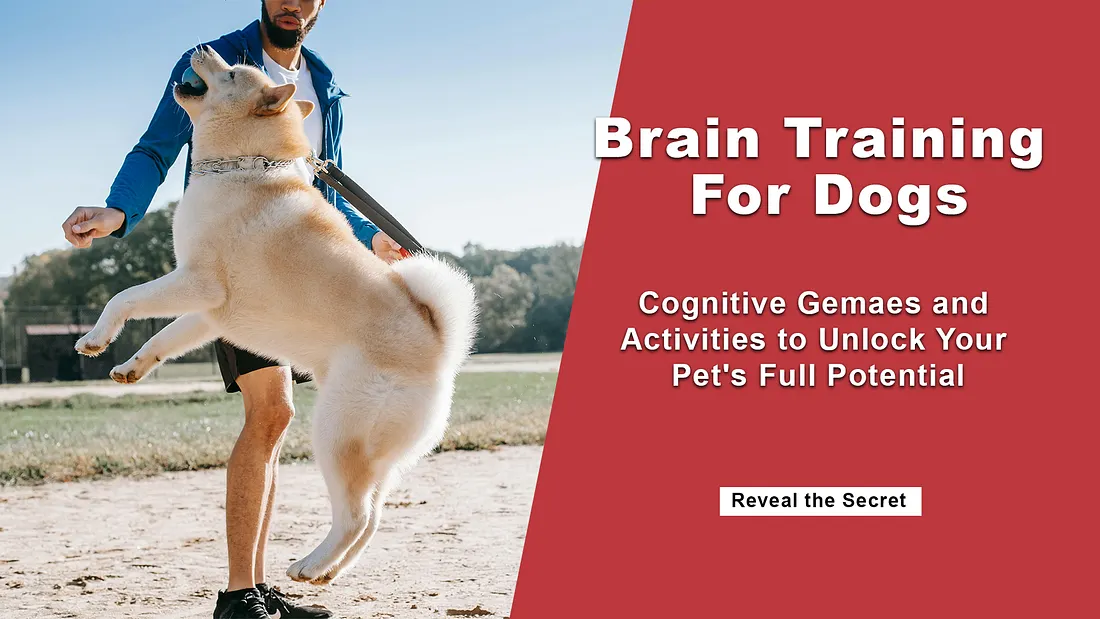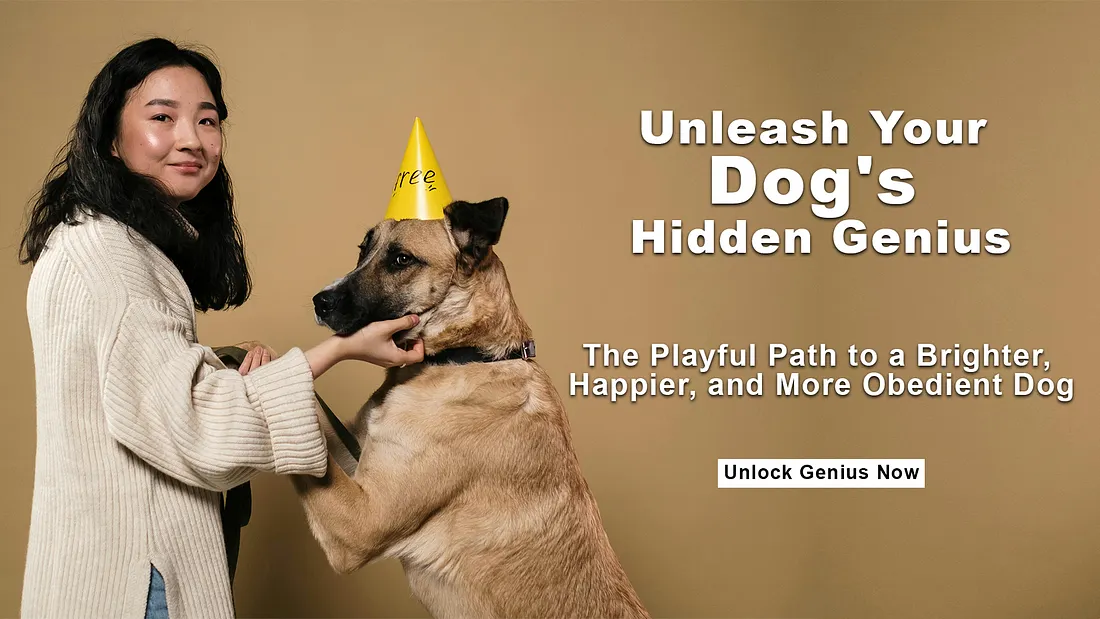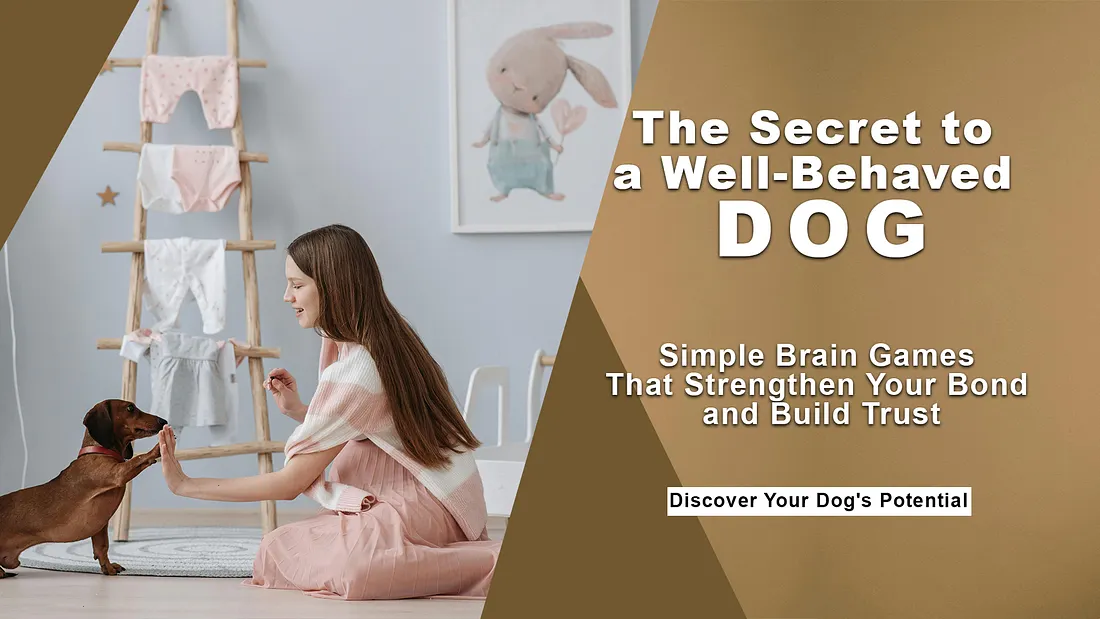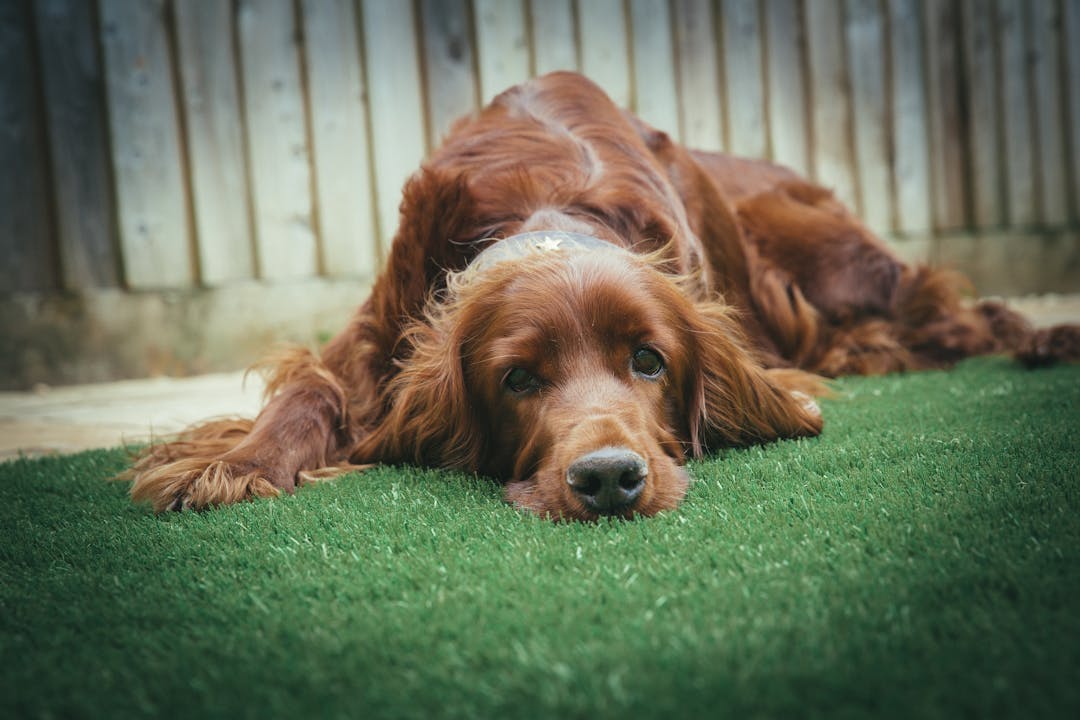Stop the Barking : Enroll Your Dog in Training Today! (New York, NY)
Improve Your Dog’s Annoying Habits with Exciting Games
Those annoying habits we often see – lunging at guests, barking excessively, tugging on the leash, you name it – often stem from a lack of exercise, boredom, or a misunderstanding of what you expect. Positive training can change that!
- Energetic Greeter? Turn fetch into a jumping redirect.
- When guests arrive, right as your dog starts to get excited, have them grab their favorite ball or squeaky toy.
- Praise them when they return and let your guest give them some love!
Dog Training For Aggressive Dogs: Is your pup more “ruff” around the edges than refined? Are you craving a better-behaved canine companion? The right dog trainer can make all the difference! Let’s break down how to discover the best dog training resources in your local area. Here we will discuss all the keywords like Dog Training Institute and Dog Behavior In Heat.
Why Dog Training Matters: Safety, Behavior, and Bonding
Dog training isn’t just about fancy tricks. It’s about improving your dog’s behavior :
- Stronger Bond: Obedience practice creates trust and enhances your relationship with your dog.
- Less Anxious Dog: A properly trained dog is less likely to bolt, engage in conflict, or exhibit dangerous behaviors.
- Happier Household: Training helps with problems like excessive barking, chewing, and potty training accidents.
Types of Dog Training Techniques
There is more than one way to help a senior dog learn! Here are some common training options:
- Basic training classes: These cover basic commands (sit, stay, come), walking politely on a leash, and socialization. They’re great for young dogs and those new to formal training.
- Private Training: One-on-one sessions tackle particular behavior problems or advanced training goals.
- Board-and-Train Programs: Your dog lives with the trainer for focused training over a few weeks.
- Specialized training: This includes agility classes, scent training, or protection dog training.
Finding the Right Dog Trainer
Don’t just pick the first name you discover online. Ask about its significance where it comes from any stories associated with it :
- Methods: Do they use modern techniques or do they rely on outdated punishment methods?
- Prioritize trainers with credentials like CPDT-KA, which indicate a high level of expertise.
- Experience: Have they worked with the types of behavioral issues you’re facing?
- Do they offer testimonials and success stories?
The Key to a Calm, Obedient, Happy Dog
We all desires a well-behaved companion by our side. But behind every obedient, well-adjusted dog isn’t just a series of commands, but also a dog that is mentally engaged, receives plenty of exercise , and deeply connected to its owner.
Finds solutions for all three :
- Dogs, just like humans, require brain workouts! Engaging in games challenges them to think. This cognitive exercise helps prevent boredom, which can lead to unwanted behaviors.
- An exercised dog tends to be a well-behaved dog. Including physical exercise into your playtime builds a healthy routine and provides an outlet for their energy in a controlled setting.
- There’s nothing better for strengthening the bond between you and your dog than having fun! Playtime fosters positive interactions, builds trust, and gives you insight into your dog’s personality and communication style.
Reveal Your Dog’s Optimal Behavior with Exciting Brain Games
The best games tap into your dog’s natural problem-solving skills. Here are a couple of engaging brain games to enhance your training:
- Hide and Seek Fun: Hide treats or a favorite toy in your living space. Encourage your dog to use their sniffing skills to locate the prize. Start easy and gradually increase the difficulty as they get the hang of it!
- The Shell Game: Ideal for honing concentration and building impulse control. Place three opaque cups upside down. Hide a treat under one, then mix them up, letting your dog choose which cup hides the reward.
- Puzzle Toys: Invest in interactive puzzles that make your dog earn its snacks. These mind-stimulating toys keep pups occupied while improving their reasoning skills.
Frustrated by your dog’s destructive habits? This step-by-step program is the solution you need.
The best dog training won’t feel like a chore for you or your dog. Play-based training changes the whole experience with these key benefits:
- Boosts Motivation: Dogs, like children, learn faster when it’s fun!
- Reinforces Recall: Games such as fetch or a playful twist on hide-and-seek naturally make your dog want to come back to you, building excellent recall.
- Builds Confidence: Accomplishing tasks through play, even simple tasks, builds positive associations and gives your dog a sense of self-confidence.
- Reduces Stress: For both you and your dog! Play is a fantastic stress reliever, and the positive reinforcement approach reduces the frustration that can come with training.
Quit Fighting with Your Dog: Teach Through Play
If the traditional “sit,” “stay,” and “heel” approach leaves you exasperated, it’s time to embrace play. Remember, dogs don’t speak our language – they learn through repetition and actions. Games break complex things down into fun steps, helping them succeed in a non-pressured, happy environment.
Here’s how to incorporate games into basic training:
- Don’t physically maneuver your dog into a seat, simply hold a treat above their head. As they naturally raise their head to reach it, gently guide it back until they sit. Immediately reward them! Now, you can add a verbal “sit” cue as the action happens. Try a similar approach by lifting a paw for “shake.”
- Rather than teaching rigid stillness, make “stay” a fun challenge. Have your dog stay in a sit for a short time, then toss a toy a short distance. Release them with a “fetch it!” command and reward them for returning instead of running after the toy forever. Gradually make the “stay” longer.
- Instead of fighting the leash, turn your walk into a fun follow-along game. Change speeds abruptly, walk in circles, and switch directions unexpectedly. Reward your dog for staying close to you. Add in a verbal “heel” cue as they keep up with you.
Dog Training For Aggressive Dogs
Want a more intelligent, healthier, better-behaved dog?
Achieving a perfectly behaved dog doesn’t come with a magic pill. However, regularly making time for engaging, playful training sessions is the closest thing to it. You’ll notice the benefits extend beyond just the specific commands you teach.:
- Enhanced Problem-Solving Skills: Mentally challenged dogs become better problem solvers in situations beyond their training. This means they’re less likely to get into trouble out of boredom!
- Increased Confidence: A dog who knows playful “tricks” and succeeds at training games feels more confident in themselves and their bond with their owner.
- Better Overall Fitness: Active play is essential for maintaining a dog’s ideal weight and helps alleviate arthritis and other ailments associated with a sedentary lifestyle.
- Decreased Anxiety: A well-exercised, mentally stimulated dog is less prone to stress and destructive behaviors caused by stress.
A Unique Approach to Strengthen Your Bond with Your Dog
A key time you dedicate to playful training isn’t just about the results; it’s an investment in the most important thing – your relationship. Dogs thrive on positive attention and shared experiences. Play checks both boxes and makes you your dog’s best playmate.
- Learn Your Dog’s Language: Through play, you’ll better understand what they like and dislike, and how they express themselves.
- Does a tail wag with a tucked rear mean nervousness instead of pure joy? Play gives you a window into their world.
- Mutual Respect: Play-based training eliminates harsh corrections and emphasizes positive reinforcement. Your dog will see you as a partner in fun, not just an authority figure.
Red Flags to Watch Out For
- Trainers claiming instant fixes
- Those who focus heavily on punishment
- Anyone who refuses to let you watch a session
- Trainers who pressure you into costly programs upfront
Nearby Dog Behavior modification Resources
- Consult with your pet’s doctor: They often have great recommendations.
- Visit local pet stores or animal shelters: They may provide training courses or recommendations.
- Perform a web search: Look for “[your neighborhood] dog trainers”. Check out reviews on Google, Yelp, or similar sites.
- Find local dog-related communities: Social media or sites like Meetup.com can connect you to owners with trainer recommendations.
Keywords: Dog Training Institute, Dog Training For Aggressive Dogs, and Dog Behavior In Heat. Your location is near New York, New York, New York, 10029.
Let the excitement begin!
Remember, play-based training is all about adapting and having a blast alongside your pup! Use your imagination, make things silly, and celebrate all the little victories along the way. You might even find yourself rediscovering the simple joys of being a dog owner as your loyal companion blossoms into their most joyful and best-behaved self.

